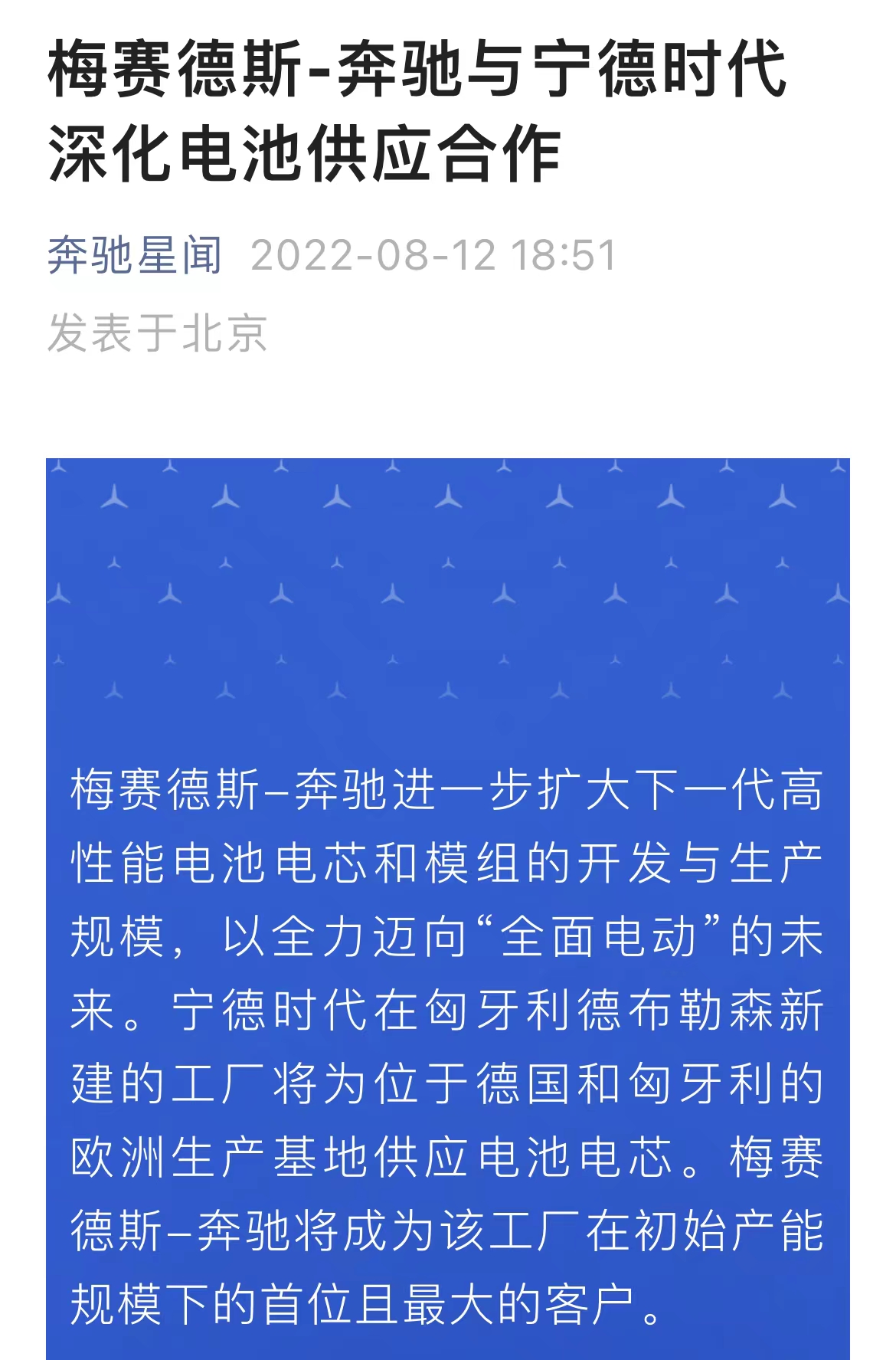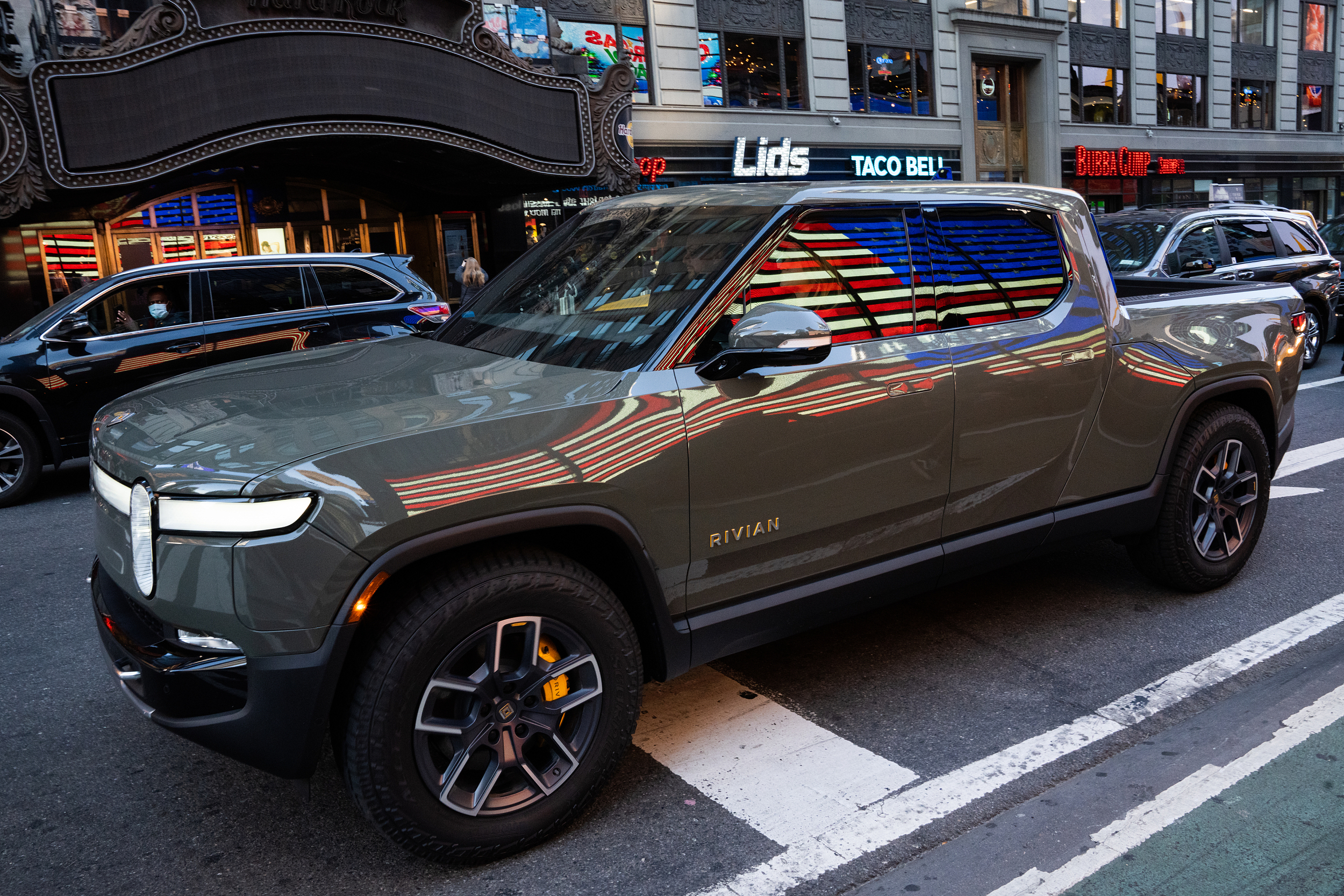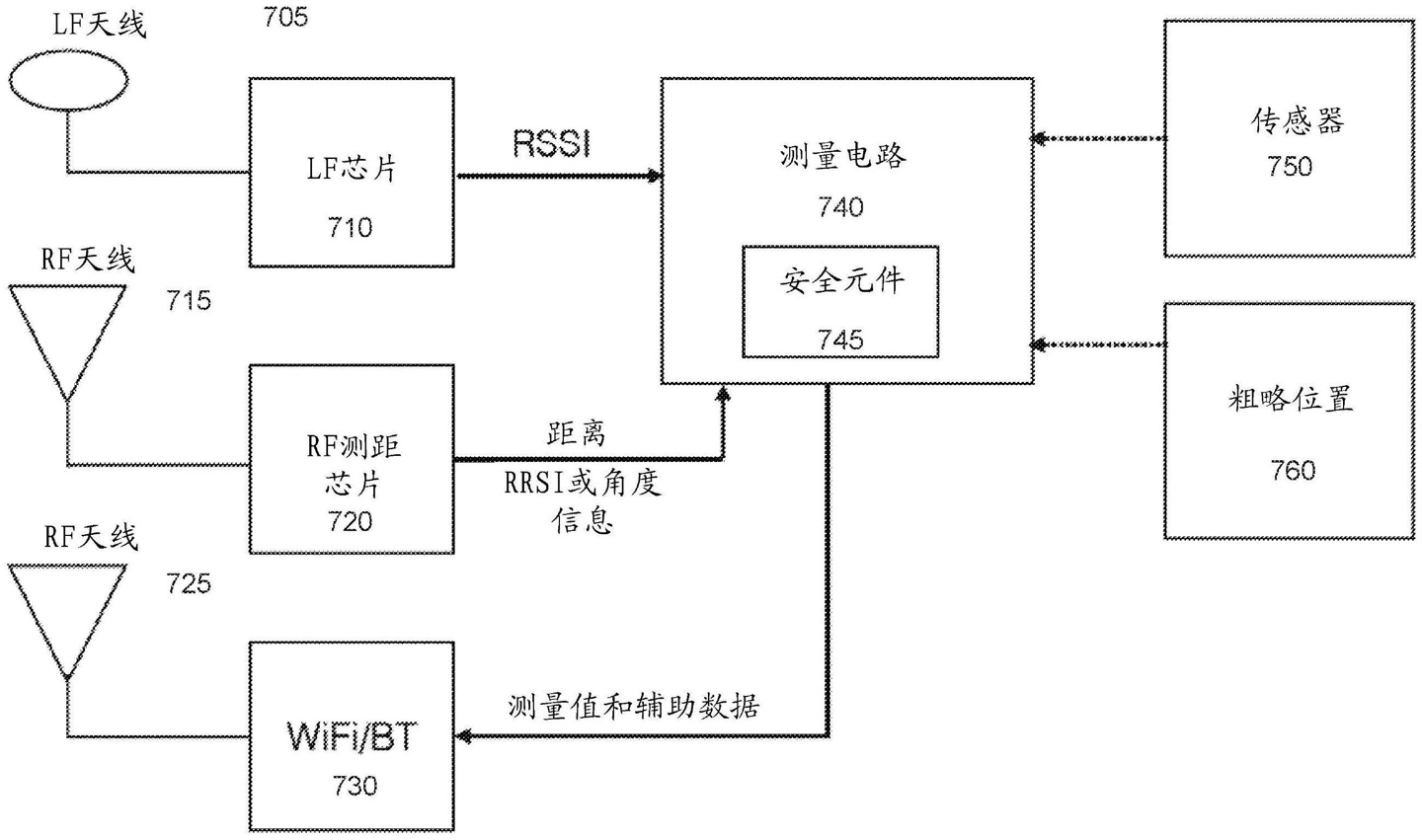
Five Chinese companies including PetroChina announced to start delisting from the United States. The China Securities Regulatory Commission stated that both listing and delisting are normal in the capital market
On August 12, five companies, PetroChina, Sinopec, China Life, Aluminum Corporation of China, and Shanghai Petrochemical Co., Ltd., successively issued announcements that they planned to delist American depositary shares from the New York Stock Exchange.
In this regard, the person in charge of the relevant department of the China Securities Regulatory Commission said: We have noticed the relevant situation. Listing and delisting are the norm in the capital market. According to relevant company announcements, these companies have strictly abided by the U.S. capital market rules and regulatory requirements since their listing in the United States, and the delisting choices were made out of their own business considerations. These companies are listed in multiple places, and the securities listed in the United States account for a small proportion. The current delisting plan will not affect the company’s continued use of domestic and foreign capital markets for financing and development. The CSRC respects the decisions made by enterprises based on their own actual conditions and in accordance with the rules of overseas listing places. We will maintain communication with relevant overseas regulatory agencies to jointly safeguard the legitimate rights and interests of enterprises and investors. (Source: The Paper)

Huawei releases 2022 semi-annual report: revenue of 301.6 billion yuan, net profit margin of 5%
On August 12, Huawei released its operating results for the first half of 2022. The company achieved sales revenue of 301.6 billion yuan, compared with 320.4 billion yuan in the same period last year, a year-on-year decrease of 5.87% and a net profit margin of 5%.
In terms of business segments, Huawei’s operator business revenue was 142.7 billion yuan, compared with 136.9 billion yuan in the same period last year, a year-on-year increase of 4.24%; enterprise business revenue was 54.7 billion yuan, compared with 42.9 billion yuan in the same period last year, a year-on-year increase of 27.51%; terminal Business income was 101.3 billion yuan, compared with 135.7 billion yuan in the same period last year, a year-on-year decrease of 25.35%.
Regarding the performance of the first half of the year, Huawei said: “The overall operating results are in line with expectations.”
At present, Huawei’s supply chain crisis has not been resolved, and the company’s terminal business (original consumer business) will inevitably be affected. However, Hu Houkun, Rotating Chairman of Huawei, said: “Although the terminal business has been greatly affected, the ICT infrastructure business has maintained steady growth. We will actively seize the development trend of digitalization and low carbonization, and create value for customers and partners. Quality development.” (Source: Daily Economic News)
Throwing 50.7 billion! Ningde Times went overseas to build factories: Mercedes-Benz became the first major customer
On the evening of August 12, CATL issued an announcement stating that the company plans to invest in the construction of the Hungarian Times New Energy Battery Industrial Base Project in Debrecen, Hungary, with a total investment of no more than 7.34 billion euros (about 50.7 billion yuan). 100GWh power battery system production line.
It is reported that Mercedes-Benz will become the first and largest customer of the plant under the initial production capacity.

Image source: Mercedes-Benz official website WeChat (screenshot)
According to the announcement, the project plans to build a 100GWh power battery system production line. The total construction period is expected to be no more than 64 months. The first plant will start construction in 2022 after obtaining relevant approvals.
It is understood that the project is located in the southern industrial park of Debrecen, covering an area of 221 hectares. It will produce battery cells and module products for European automakers. The plant is close to the OEMs of Mercedes-Benz, BMW, Stellantis, Volkswagen and other customers. (Source: Fast Technology)
Apple asks suppliers to produce 90 million iPhone 14s, sources say
Apple plans to ramp up production of the iPhone 14 across the board, even as some analysts question demand for the iPhone. Bloomberg reports that Apple has asked suppliers to produce 90 million iPhone 14 units.
Apple asked suppliers to produce 90 million iPhone 13 units last year. That means Apple expects demand for the iPhone 14 to be at least on par with last year’s iPhone 13.
Apple still expects to assemble about 220 million iPhones by 2022, also unchanged from last year, according to people familiar with the matter at Bloomberg.
The iPhone 14 is expected to be released in September, and the series will consist of four models. (Source: Dynamic Technology)

Sogou Maps has been offline for less than half a year: Sogou Search App has officially stopped serving
Recently, less than half a year after Sogou Maps went offline, Sogou Search issued an announcement stating that it had officially stopped its service at 23:59 on August 8, and the Sogou Search App would not be available in the follow-up, while the web version of Sogou Search could still be used.
At present, all data of Sogou Search App can no longer be accessed. If you need to export personal data, you can contact customer service before 0:00 on February 9, 2023.
It is worth mentioning that as early as January this year, Sogou Search issued an announcement saying that due to business adjustments, the Sogou Search App will be upgraded to the Bingo App. the homepage information flow.
It is a pity that the name change and upgrade did not bring new vitality to Sogou Search. At present, the Bingo App has been removed from the major application stores, and has withdrawn from the stage together with the Sogou Search App. (Source: Fast Technology)
Google fined $60 million for misleading Australian users about collecting location data
Google has agreed to pay a $60 million fine, the Guardian reported, following a long court battle with Australia’s competition watchdog over collecting personal location data to mislead users.
In April last year, the Federal Court of Australia found that Google had violated consumer laws by misleading some local users into believing that the company was not collecting personal data about their location through mobile devices powered by the Android operating system. The company was also found to have violated two other consumer laws concerning conduct that could mislead the public and making misleading statements about the performance characteristics of the service.
The Australian Competition and Consumer Commission said the ruling sends a clear message to digital platforms, requiring them to be upfront with consumers about what’s going on with their data. (Source: CnBeta)
Rivian’s second-quarter revenue of $364 million, net loss of more than $1.7 billion
On Thursday, local time, Rivian released its latest financial report. According to the financial report, Rivian’s second-quarter revenue was $364 million, operating expenses were $1.004 billion, an operating loss of $1.708 billion, and a net loss of $1.712 billion, much higher than the $580 million in the same period last year.
After two consecutive quarters of substantial losses, Rivian’s net loss this year has reached $3.305 billion, more than three times the $994 million in the same period last year.

On November 10, 2021, in New York, USA, Rivian, an electric car manufacturer known as the “Tesla Killer”, listed on the Nasdaq market in New York. |Image source: Visual China
A net loss of $3.305 billion in the first half also drained Rivian’s cash reserves. The financial report shows that at the end of the first half of this year, Rivian’s cash reserves were US$14.923 billion, which was significantly lower than the US$18.133 billion at the end of last year. (Source: TechWeb)
Pure City Technology’s acquisition of the same-sex dating platform Blue City Brothers completes the transaction
On the afternoon of August 12, Eastern Time, Blue City Brothers (BLCT.US) issued an announcement announcing that the company has completed the privatization delivery and delisted from Nasdaq.
According to the announcement, the company’s privatization buyer group includes Metaclass Management ELP, Ma Baoli, founder of Blue City Brothers, and CDH Investments. Among them, Metaclass Management ELP is a fund invested and established by Pure City Technology.
In January this year, Blue City Brothers announced that it had received a preliminary non-binding takeover proposal from the buyer group. In the same month, Pure City Technology announced that it would invest US$50 million to establish a fund to participate in the privatization of Blue City Brothers. According to the announcement, the privatization buyer group is closing at $3.20 per common share or $1.60 per ADS, valuing the transaction at approximately $60 million. (Source: Geek Park)

Apple’s car passive entry patent published, devices such as smartphone watches can interact with vehicles
Apple’s “Enhanced Automotive Passive Entry” patent, published on August 12, provides methods and devices that allow mobile devices (key fob cards, mobile phones, watches, etc.) to interact with the vehicle so that the location of the mobile device can be determined by the vehicle , thereby enabling certain functions of the vehicle.

Image source: IT House
Specifically, the device may include one or more RF and magnetic antennas for determining the position of the mobile device relative to the vehicle. Such a hybrid approach can provide various advantages. Existing magnetic coils on mobile devices can be reused for distance measurements supplemented by RF measurements. Any device antenna can provide measurements to a machine learning model that determines the area in which the mobile device resides based on the trained measurements in the area. (Source: IT House)

Bioengineered cornea restores vision in patients: made of pigskin collagen, can be stored for 2 years before use
Researchers at Linköping University in Sweden and LinkoCare Life Sciences have jointly developed an implant that resembles a human cornea, made from collagen in pigskin.
The study, published in Nature Biotechnology, offers hope for patients with corneal blindness and low vision using bioengineered implants as an alternative to human corneal transplant donation.
The cornea is mainly composed of collagen. To create a replacement for the human cornea, the researchers used collagen molecules derived from pigskin that are highly purified and produced under stringent conditions for human use. The pigskin used is a by-product of the food industry, which is easy to obtain and has economic advantages. In building the implant, the researchers stabilized the loose collagen molecules, resulting in a strong and transparent material that can withstand handling and implantation in the eye. Donated corneas must be used within two weeks, while bioengineered corneas can be stored for up to two years before use. (Source: Science and Technology Daily)

California rejects proposal to ban social media ‘addiction’
This week, California lawmakers on Thursday rejected a proposal that could force some popular social media platforms, such as Instagram and TikTok, to pay fines they know use features that could harm children. The proposal would authorize civil penalties for social networks designed to cause “child users to become addicted to the platform.” It doesn’t apply to social networks with less than $100 million in annual revenue or primarily for video games.
“The failure of the proposal means that a handful of social media companies will be able to continue their experiments on millions of California children, causing harm to a generation,” said Jordan Cunningham, author of the proposal.
This comes after President Biden called for new child safety protections online, and last year federal lawmakers proposed raising the age of a rule that would limit the online collection of data on minors. (Source: The Verge)
This article is reprinted from: https://www.geekpark.net/news/306483
This site is for inclusion only, and the copyright belongs to the original author.